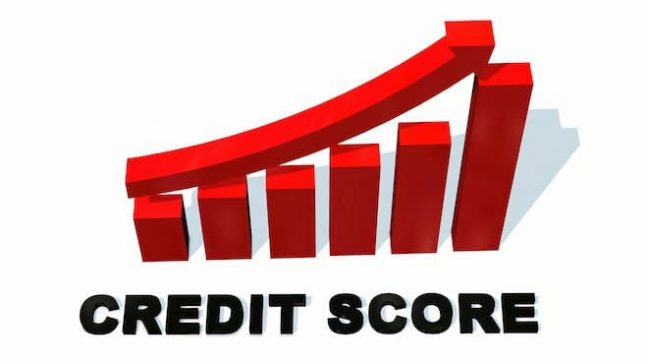On a range of 300 to 850, a credit score of 700 is considered to be a good one. Using the same scale, a score of 800 is regarded as excellent. Most credit scores fall within the range of 650 to 700.
A higher score means that creditors will regard you as someone who makes better credit decisions and this boosts your credibility. This makes creditors believe you will be able and willing to pay future debts according to the terms of the loan.
Lenders, including banks that give mortgage loans, use credit scores to make decisions about offering you credit, as well as the conditions of the offer (such as interest rates). Other organizations like credit card companies, and even car dealers use credit scores.

There are several scoring systems, but the two most commonly used systems are;
· FICO
In this credit scoring system, ratings are based on individual scores obtained from the scoring chart. A higher score means a higher rating and thus a greater chance of obtaining credit.
For example, a score within the range of 670-739 is considered good, and only 8% of applicants in this range are likely to stop being law-abiding in the future. Applicants with a score ranging from 800-850 are considered exceptional and they always get the best rates from lenders.
· Vantage Score
This credit system is FICO’s closest competitor and it also ranges from 300-850. Lenders also use this scoring system to evaluate an individual’s eligibility.
A vantage score within the range of 661 to 780 is considered good. Applicants who fall within this range are likely to be granted credit at reasonable rates. Applicants with scores ranging from 781-850 will most likely get the best rates with the most favorable terms. Get special info on how to improve your credit score with the finest tradelines today.
FACTORS THAT AFFECT YOUR CREDIT SCORES
The different scoring models have different factors that influence a credit score. Generally, a number of components in a credit report can have effects on overall credit scores. These components include:
1. Credit utilization rate
2. Total debt
3. Public records such as bankruptcy
4. Records on payment of loans and credit cards, including how overdue the loan was before being paid.
HOW TO IMPROVE YOUR CREDIT SCORE?
To have a good credit score, you need to develop good credit habits and be consistent with them.
Some good habits that will help build your score include:
· Pay bills on time
Your payment record is the most important factor when evaluating a credit report. You give yourself a big chance of obtaining credit when you pay bills on time, at all times.
· Credit Utilization
This factor has the second biggest effect on your score.
It is advisable to keep your credit card balances well below your credit limits. Expend credit lightly.
· Increase the time-frame between credit applications
When you apply for credit, credit checks are done to evaluate your eligibility. These credit checks cause your score to drop temporarily, and several credit checks within a short time can accumulate and reduce your score significantly.
· Update your credit report
Create time to monitor your credit report, and make changes to out of date or irrelevant information.
A GOOD CREDIT SCORE CAN GET YOU:
1. A mortgage
2. Credit with a decent interest rate
3. A desirable car loan
So, a good credit score comes in handy, whether you plan on getting credit or not.